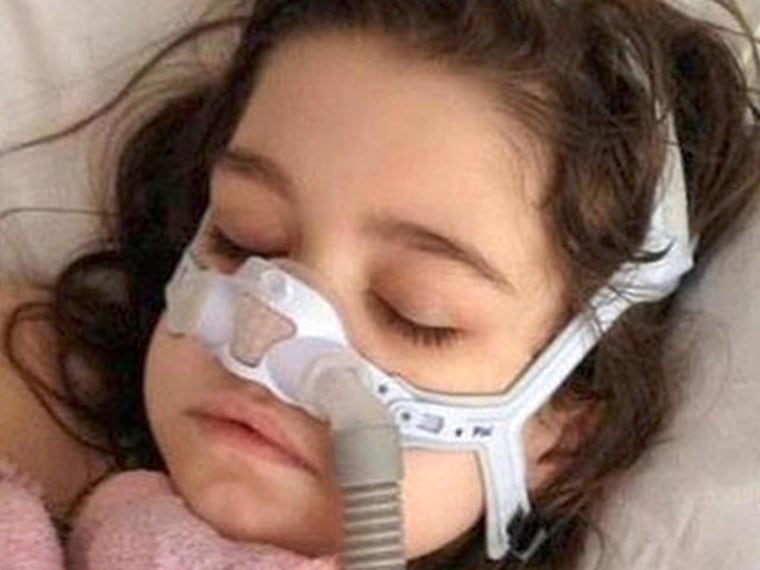Hours before she announced her resignation, Health and Human Services Secretary Kathleen Sebelius got one last chance to announce a triumph: She personally delivered the news that 7.5 million people had signed up for health insurance on the troubled new exchanges.
But it would be difficult to say that Sebelius, who was President Barack Obama’s second choice as HHS Secretary after former senator Tom Daschle pulled out because of a tax scandal, is leaving a proud legacy.
She could have been remembered as the architect of the greatest transformation of U.S. healthcare since Medicare and Medicaid. Instead, she’ll be remembered for some troubled moments like these:
A crashing website
The disaster of the federally run health insurance exchanges has got to be the worst moment for Sebelius, a former insurance commissioner and governor of Kansas. HealthCare.gov failed almost totally on its first day and it took two months to fix it, a failure that gave gleeful Republicans plenty of ammunition against the administration.

Calls to resign
A team of outside tech experts tapped by HHS worked quickly to help fix the site. But Sebelius never fully recovered, and she spent much of the last months of 2013 appearing before hostile Congressional committees and enduring call after call to resign.
Obama often stepped forward to take responsibility too, but never really tried to vindicate Sebelius, barely mentioning one of the best defenses for the messy exchanges: an archaic U.S. contracting system that forced HHS to hire less-than-stellar companies to build the exchanges.
A faltering defense
Sebelius for the most part kept cool during her grilling on Capitol Hill. She took responsibility, telling one hearing: “Hold me accountable for the debacle. I’m responsible.”
But even she described the rollout as a "debacle" and “a miserably frustrating experience for way too many Americans.” At one point, she said that HealthCare.gov "has never crashed" and was simply slow and unreliable. Large screens in the hearing room showed a live shot of the website saying the system was down.
A battle over morning-after pills
Sebelius led an HHS fully in favor of a woman’s right to abortion, in favor of controversial stem cell research involving embryos, and that wrote a law requiring insurers to pay for contraception. But it was Sebelius herself who stepped in to overrule the Food and Drug Administration’s decision to license morning-after contraception to girls and woman of all ages.
It was virtually unheard of for an HHS secretary to overrule her own FDA commissioner, and the FDA’s Dr. Margaret Hamburg responded with an unusually strongly worded, and public, objection. Eventually, a federal judge overruled the decision and HHS came up with a careful compromise making the pills available over-the-counter to girls 15 and older.
'Someone lives and someone dies'
Sebelius drew fire in June 2013 when she refused to intervene in the case of Sarah Murnaghan, then a 10-year-old Pennsylvania girl with life-threatening cystic fibrosis. Her parents urged Sebelius to waive federal rules that said Sarah was too young to be placed on the list for available adult lungs.
At the time, Sebelius argued that such a request jeopardized the fairness of the entire system. “I would suggest, sir, that, again, this is an incredibly agonizing situation where someone lives and someone dies,” Sebelius told Rep. Lou Barletta, R-Pa., during a Congressional hearing.
“When she made that statement that somebody has to die, she stepped over a line in me as a mother,” Janet Murnaghan told NBC News. “There was a lack of compassion, a lack of awareness that one life does matter.”
In the end, a federal judge ordered Sebelius to allow the girl to be considered on the adult lung transplant list. Sarah Murnaghan received two transplants last summer — the first one failed — and has improved steadily since then, her family said.
